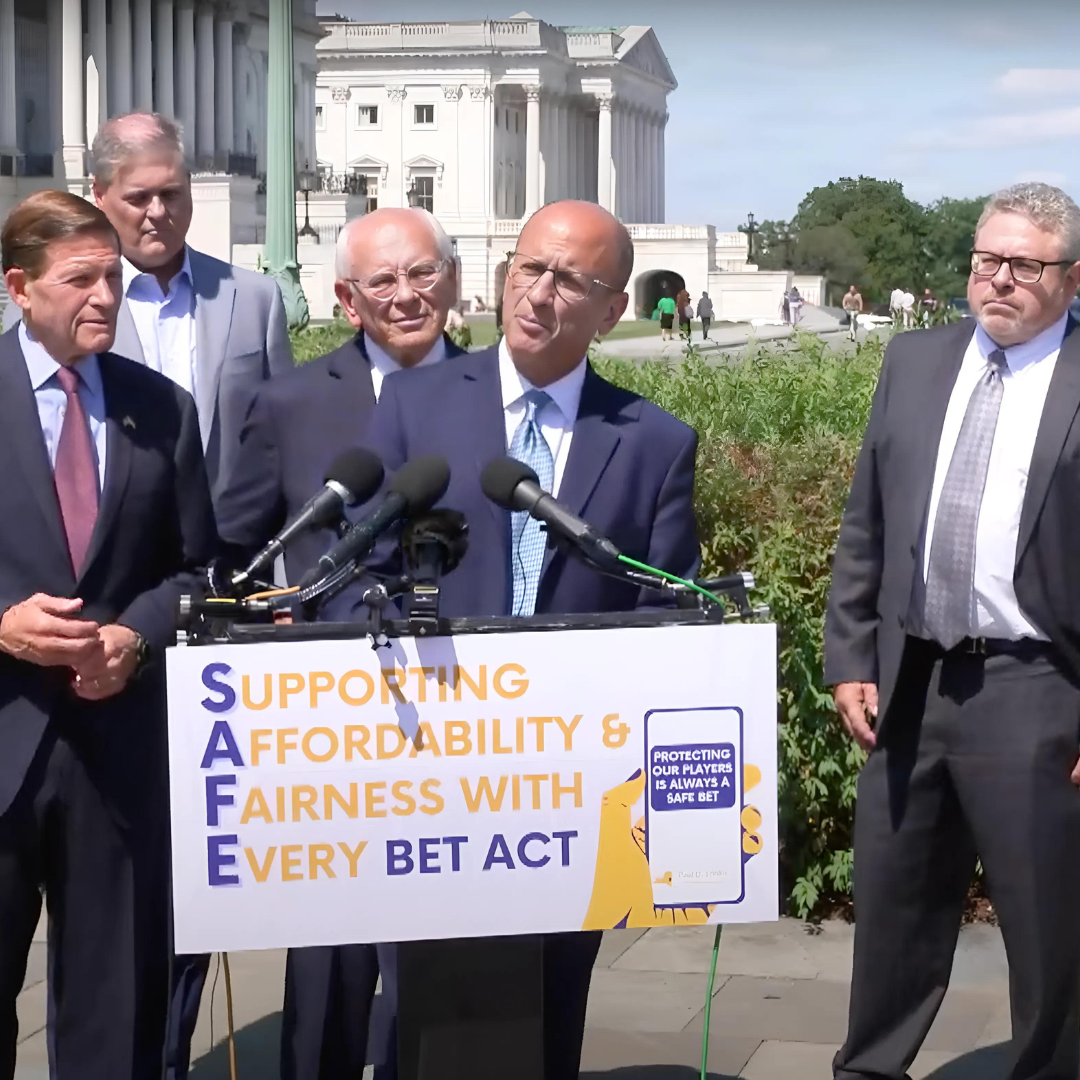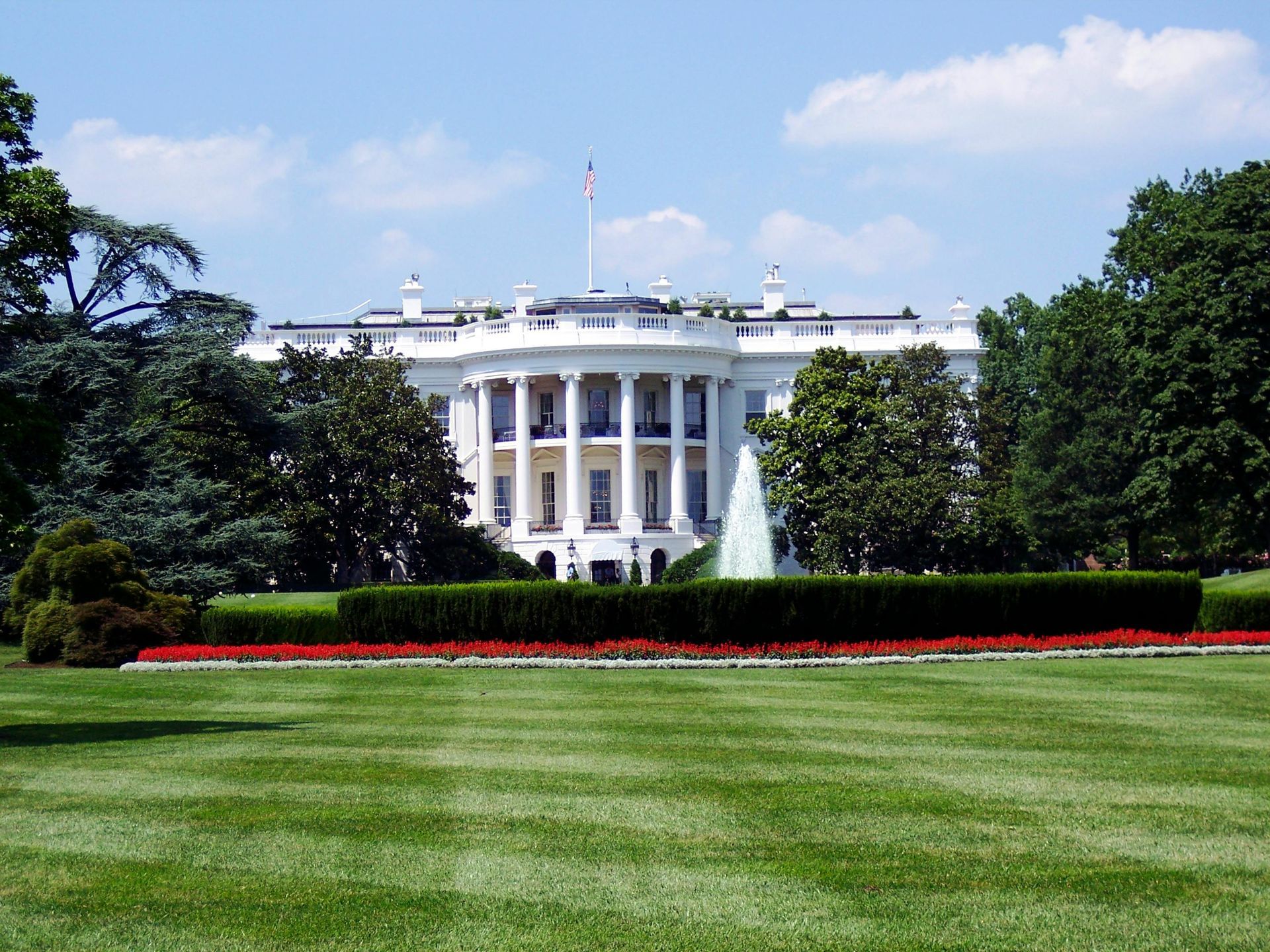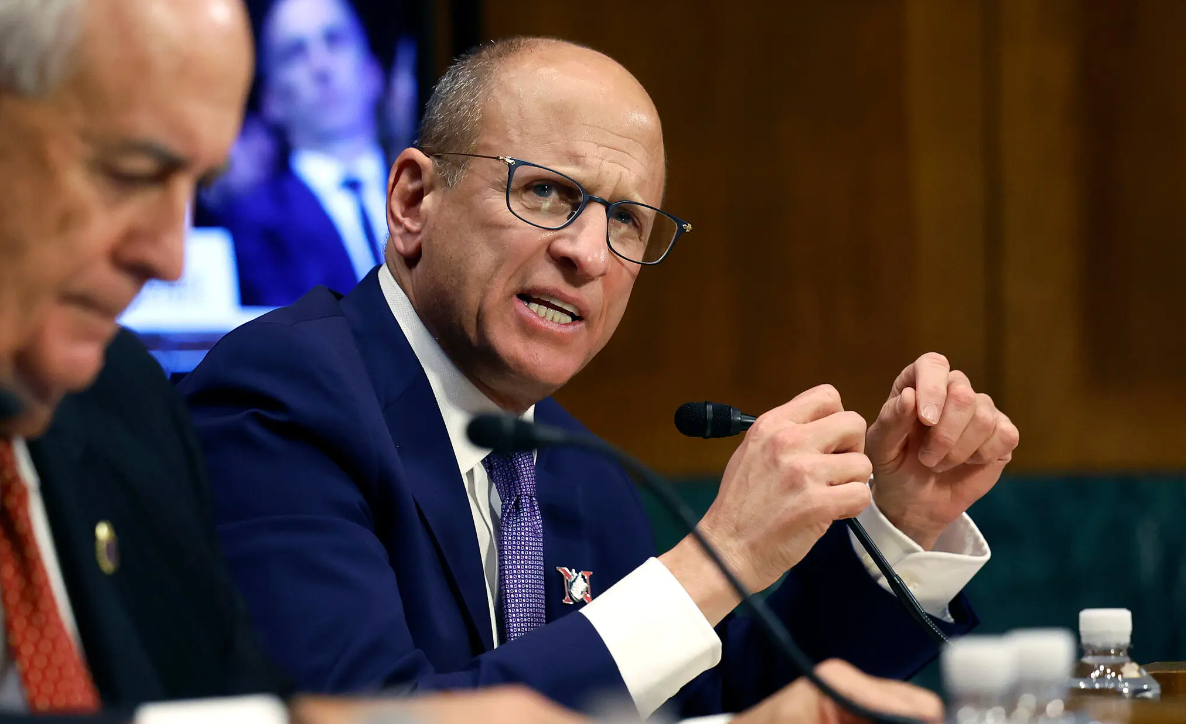The SAFE Bet Act: Protecting the Public from Predatory Gambling
Bringing Public Health Regulation and Reform to the Gambling Industry
In just seven years since the Supreme Court struck down federal restrictions, sports betting has been integrated into every aspect of sports culture—driven by relentless advertising, advanced AI-driven targeting, and an industry model designed to keep people gambling.
The consequences are staggering:
- 22% of Americans now have an active online sports betting account, including nearly half of men ages 18-49.
- 52% of bettors have “chased” losses, a hallmark sign of gambling addiction.
- 37% of bettors have felt ashamed after losing, and 20% have lost money they couldn’t afford to lose.
- Statistically, one in five people struggling with gambling addiction will attempt suicide — the highest rate of any addiction or substance disorder
Gambling is an addictive product—just like tobacco, opioids, and alcohol—yet it remains unregulated at the federal level. The “responsible gaming” model has failed and industry self-regulation puts those most vulnerable at risk.
The SAFE Bet Act is a bold step toward protecting individuals, families, and communities from the unchecked power of the gambling industry and putting an end to this urgent public health crisis.
What is the SAFE Bet Act?
The Supporting Affordability and Fairness with Every Bet (SAFE Bet) Act is a federal legislative proposal introduced by Rep. Paul Tonko (D-NY) and Sen. Richard Blumenthal (D-CT), with expert contributions from our team at the Public Health Advocacy Institute (PHAI), including Dr. Richard Daynard, Professor Mark Gottlieb, and myself.
This landmark legislation would establish long-overdue federal consumer protections for online sports gambling by addressing three key areas:
Advertising Restrictions
- Ban sports betting advertisements during live sporting events and between 8 a.m. and 10 p.m.
- Prohibit deceptive “risk-free” promotions that lure bettors into gambling more than they can afford.
- Crack down on AI-driven marketing that targets problem gamblers and vulnerable populations.
Affordability Protections
- Limit deposits to five transactions per 24-hour period to prevent compulsive gambling.
- Require gambling operators to verify customers’ financial ability before accepting high-value bets.
- Ban the use of credit cards for gambling deposits, reducing the risk of financial devastation.
AI Data & Customer Privacy Safeguards
- Ban the use of AI-driven behavioral tracking that targets individuals with custom gambling promotions.
- Prohibit sportsbooks from selling personal gambling data to third parties.
- Ban VIT and TIER Programs
Taking a Page from The Big Tobacco Playbook
The SAFE Bet Act is not the first battle against a powerful industry profiting from addiction. In the 1990s, Big Tobacco was finally held accountable after decades of deception, thanks in large part to legal efforts led by Professor Richard Daynard, founder of the Public Health Advocacy Institute (PHAI).
Daynard played a pivotal role in the legal strategy that led to the historic $200+ billion tobacco settlement, which forced cigarette companies to end deceptive marketing, fund public health initiatives, and disclose the dangers of their products. This landmark victory reshaped public health policy and saved countless lives.
Now, sports gambling is following the same playbook as Big Tobacco—normalizing addiction, flooding the market with advertising, and evading regulation. The SAFE Bet Act applies the same public health approach that reined in Big Tobacco to gambling.
History has shown us what works. This is our moment to apply those lessons and hold Big Gambling accountable.
Why We Need Federal Action Now
The gambling industry, backed by sports leagues and media partners, has normalized high-speed, AI-driven gambling with no meaningful oversight. Their business model is designed to keep people in action, no matter the cost—turning every moment of a game into a betting opportunity.
State-level regulations have failed to address the root problem, as industry lobbyists water down or block reform efforts. The SAFE Bet Act ensures that protections exist nationwide—not just in the few states willing to take action.
A recent Siena/St. Bonaventure poll shows that:
- 63% of Americans support the SAFE Bet Act.
- 58% believe the federal government should regulate online sports betting.
- 78% agree that any gambling app allowing people to drain their bank account in a single night is a bad idea.
The American public is demanding action. Congress must listen.
How You Can Help
The SAFE Bet Act is just the beginning. The gambling industry will fight this legislation at every turn—just as Big Tobacco did in the past. We need a public movement to demand action from Congress. Take action by calling your representatives and encouraging them to support the SAFE Bet act. Share this page to spread awareness about the dangers of unchecked gambling and the solution offered by the SAFE Bet Act!
Join the movement. Protect public health. Support the SAFE Bet Act.
For media inquiries, interviews, or
speaking engagements, contact
Dr. Harry Levant today.




